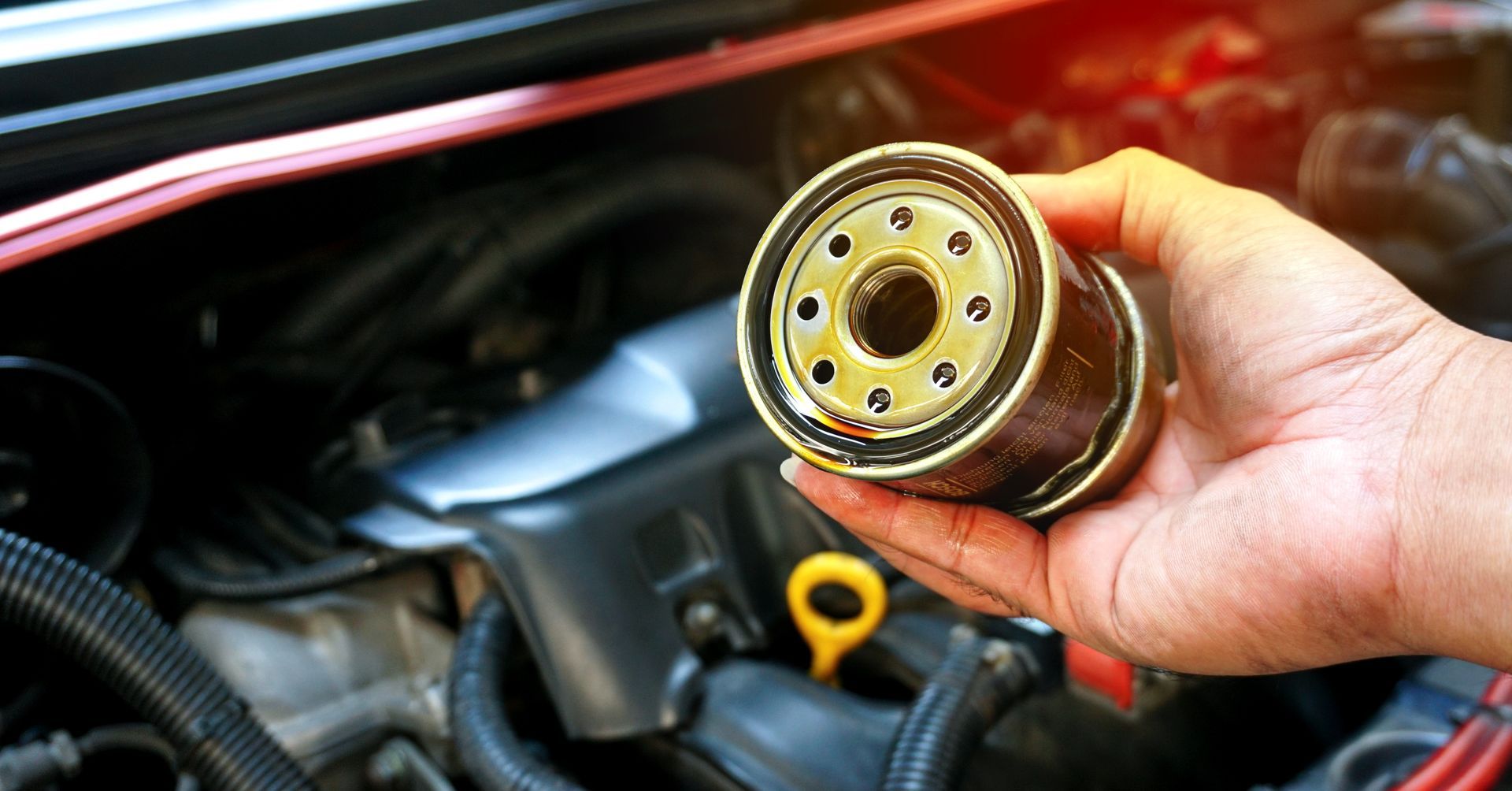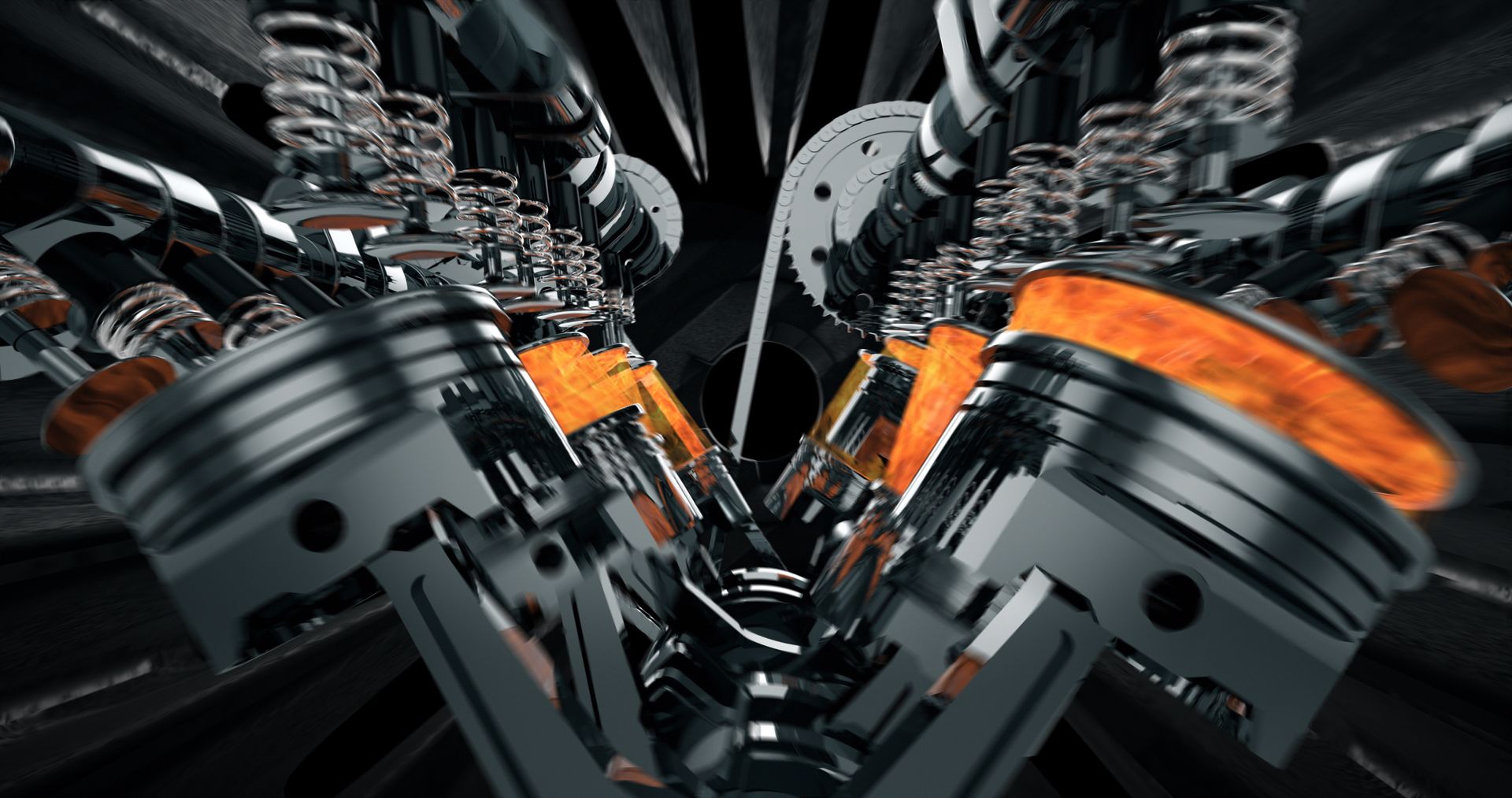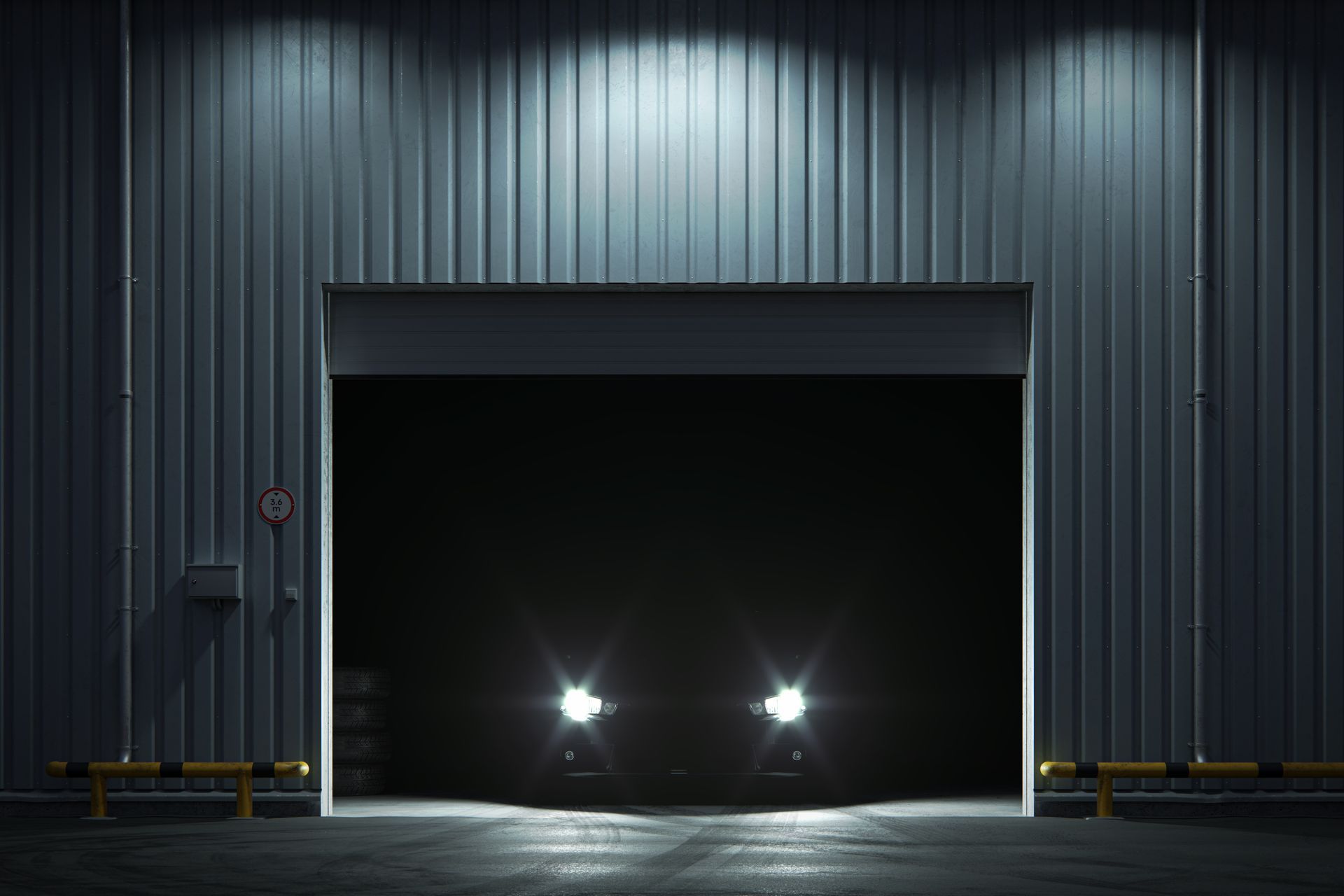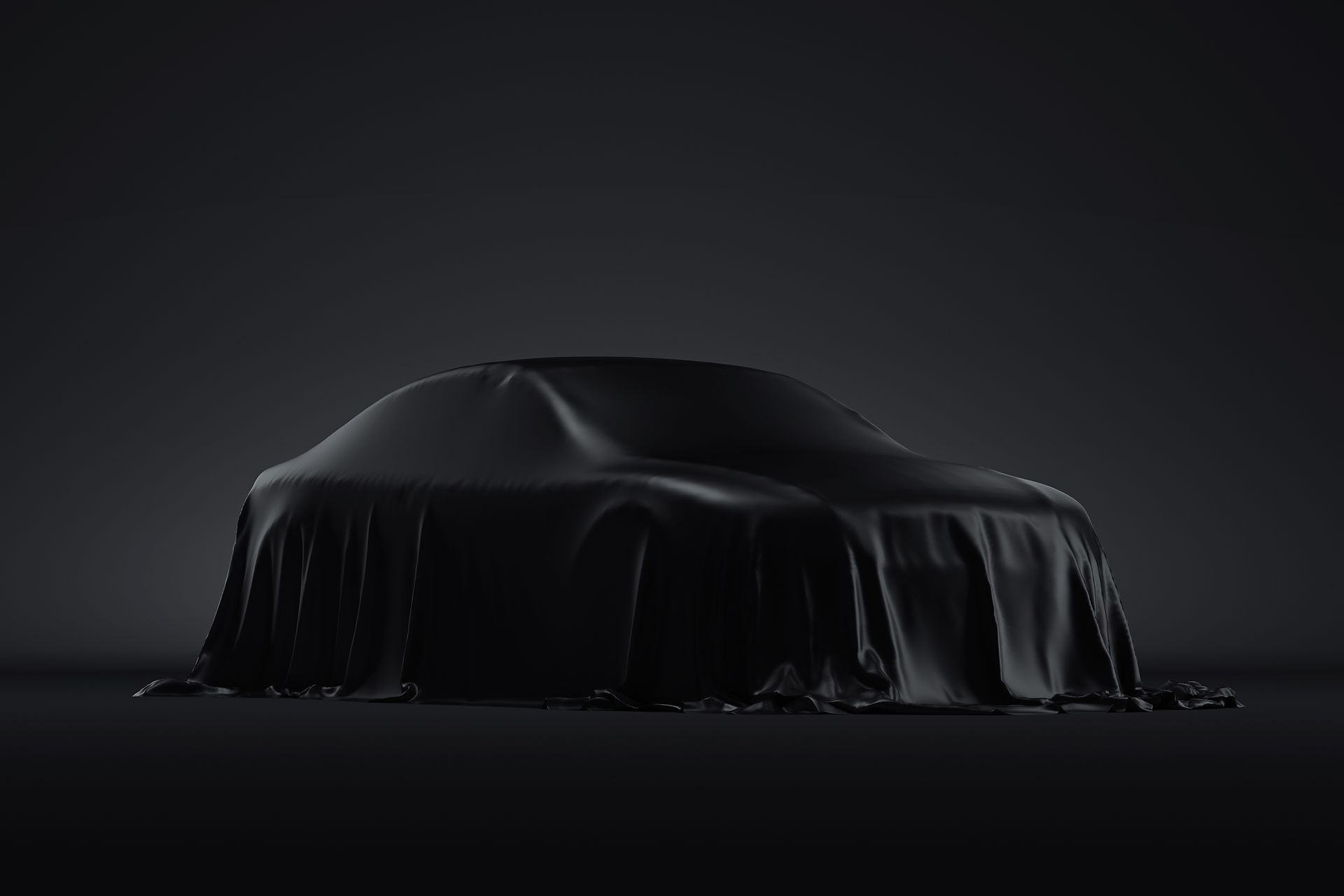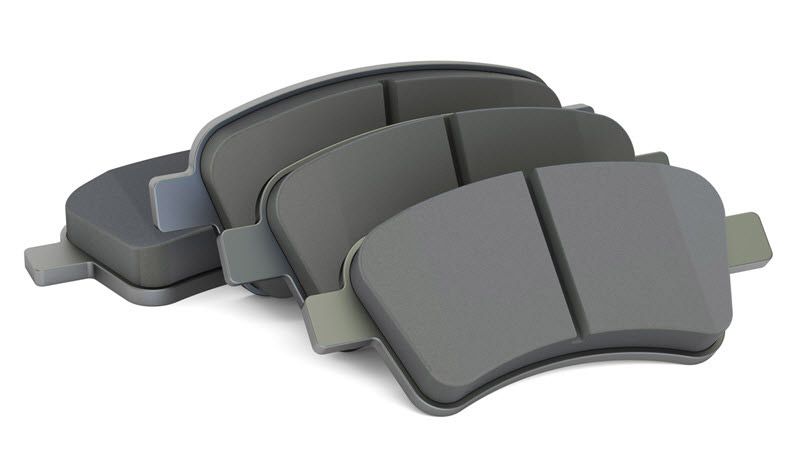Loading ...
Missing business hours data / Error occurred while getting the data.
Loading ...
Missing business hours data / Error occurred while getting the data.
★
★
★
★
★
Review
Blog
Our Location
Loading ...
Missing business hours data / Error occurred while getting the data.
Loading ...
Missing nap lines data / Error occured while getting the data.



